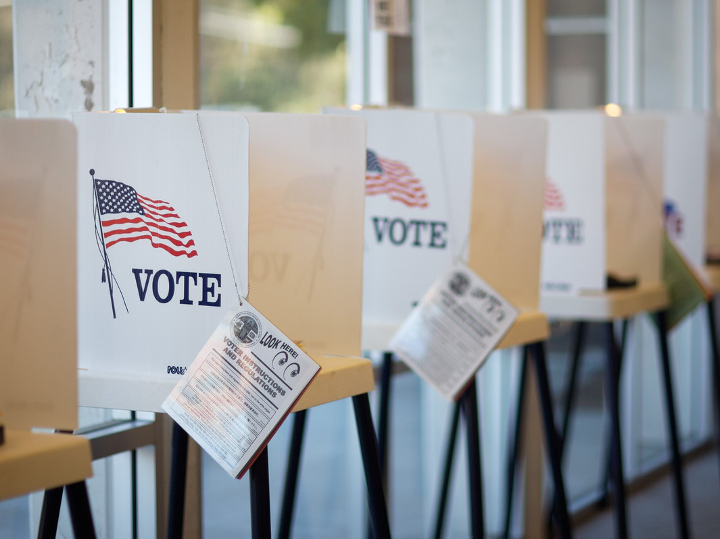
Health care is the top priority for voters in the Texas Democratic Primary, and they strongly support both a public health insurance option and Medicare for All, a single payer plan promoted by some Democratic presidential candidates.
More than 70% of Democratic voters support Medicare for All, while almost 85% support a public health insurance option. More than three out of four say they do not support business as usual.
On another key issue, the Green New Deal, more than two out of three voters support ending most oil and gas drilling in Texas and the U.S. by 2035. (Support was slightly lower among Houston area voters.)
The poll of likely voters in next week’s Texas Democratic primary, released Thursday by the University of Houston Hobby School of Public Affairs, found voters from across the spectrum – representing different racial and ethnic groups, different generations and supporting different presidential candidates – selected health care as the most important policy issue, followed by economic inequality and climate change.
The youngest voters, known as Generation Z, listed climate change as their top priority, with health care second.
In polling released earlier this week, more than half of Texas Democratic primary voters said beating President Donald Trump was the most important factor in their choice of presidential candidate. The latest poll results examine voters’ attitudes toward the policy issues winning candidates will face in office.
“Democratic voters in Texas are very interested in changing the status quo,” said Renée Cross, senior director of the Hobby School. “They want to ensure more people throughout the state have health insurance.”
Support for Medicare for All was highest among supporters of the two candidates most aligned with the proposal, at 92.3% for Sen. Elizabeth Warren and 90.8% for Sen. Bernie Sanders. But a majority of those backing moderate candidates also support Medicare for All: Vice President Joe Biden, 60.5%; Michael Bloomberg, 70.7%; Pete Buttigieg, 63.2%; and Sen. Amy Klobuchar, 53.8%.
The full report is on the Hobby School website. Among the poll’s major findings:
- 36% of voters said health care is their top priority, followed by economic inequality (15.5%), climate change (14.6%), immigration (7.8%) and gun control (5.5%). Other issues, ranging from economic growth to foreign policy, were named by fewer than 4.8% of voters as the top issue.
- Health care was the top priority, regardless of which Democratic presidential candidate they support. That also held true for Anglo, Latino and African American voters.
- Voters 40 and over were far more likely than younger voters to list health care as their top priority (40.5% to 23.8%) and far less likely to list education (2.2% to 10.9%).
Mark Jones, a political scientist with the Baker Institute at Rice University and a senior research associate with the Hobby School, said the poll showed strong agreement on key policy questions overall, with some geographic differences.
“Voters from the Houston area were less likely to name climate change as a top priority than those from elsewhere in the state, and perhaps not surprisingly, they were less likely to favor the Green New Deal if it results in widespread layoffs in the energy industry,” Jones said.
Statewide, 86.5% of Democratic voters support transitioning to zero-emission energy sources by 2035, and 67.5% support ending most oil and gas drilling by 2035. Even in Houston, 58.9% support ending most drilling over the next 15 years. (That rises to 80.1% of Austin area voters.)
But just 37.2% of Houston area voters support the Green New Deal if it results in widespread energy industry layoffs, compared to almost half of all Texas Democratic voters.
“The findings on health care, economic inequality and some of these other key issues suggest voters are really focused on changes they believe will improve society as a whole,” said Jim Granato, executive director of the Hobby School. “But when we drilled down on some of the consequences, such as the likelihood that your neighbor, or even you, might lose your job if some of these policies are imposed, we found people were still supportive, but at lower levels.”
Poll results were drawn from a YouGov online survey of 1,352 likely Texas Democratic primary voters conducted for the Hobby School, with a margin of error of +/-2.7%. Reports on the Democratic presidential primary and the Texas U.S. Senate race were released earlier this week and may be seen here.